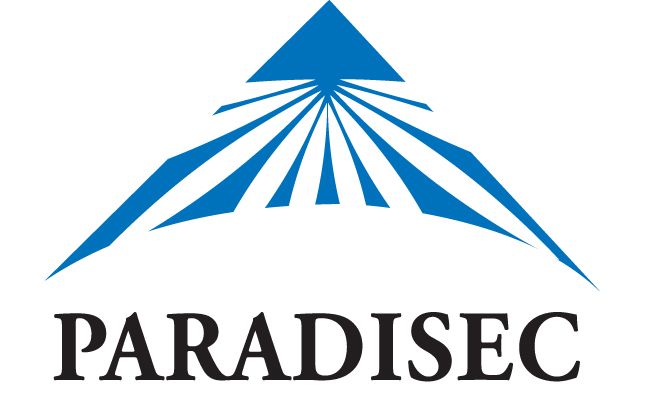Full description
SIDE 1: Hymn: Dobu; Address: Hula; SIDE 2: Songs Original disc held at the National Library of Australia (MS 9275, Album 3, Box 2) Side A: In addition to the hymn and address, there are recognised spoken words in Motu language such as; kuku ania - smoking piripou - trousers nao- white kuku stick - which could mean tobacco moni - money Siapan- Japan Tanobara - world Maiva , Mekeo - Places in Central Province pepa – paper An assumption in the discussion could be the Japanese and the war, cigarettes and paper money. Side B: The song is in Kuanua language of East New Britain Province and is a Tolai male song. It is sang at secluded men areas calling on spirits through magical spells and chanting to attract a women to an interested man that later can develop to courtship. (Steven Gagau) What belongs to men remain men’s in the “haus-mahn”. The rules pertaining to property rights and gender spaces are same throughout Papua New Guinea. Respect in this case is the rule of law. Transcribed by Eileen Bobone (Steven Gagau, January 2021). Language as given: Dobu, Hula Reuse Information
ISO3166: PG
Subjects
User Contributed Tags
Login to tag this record with meaningful keywords to make it easier to discover
Identifiers
- URI : catalog.paradisec.org.au/repository/AC1/524

- Local : AC1-524
- DOI : 10.4225/72/57D18B096FC95



